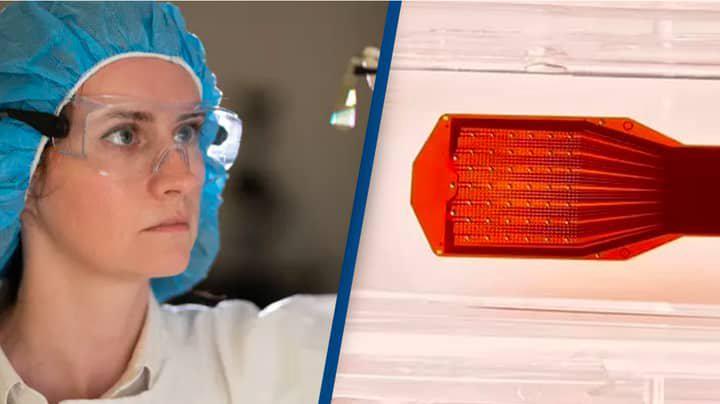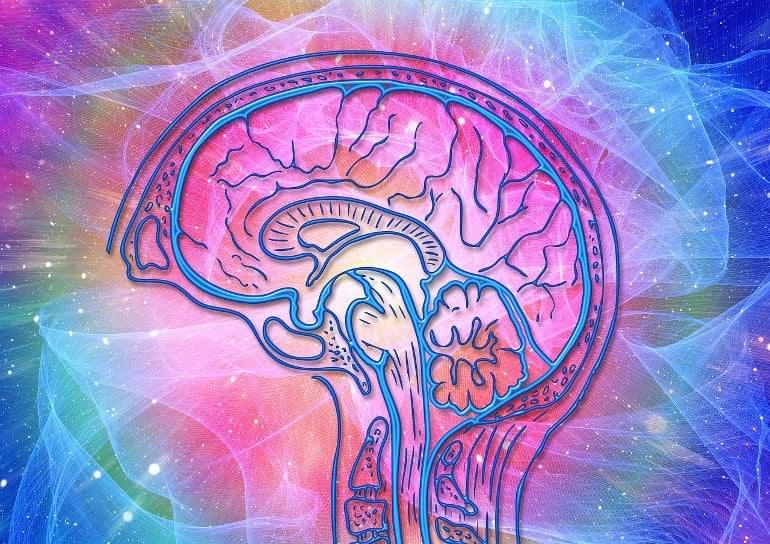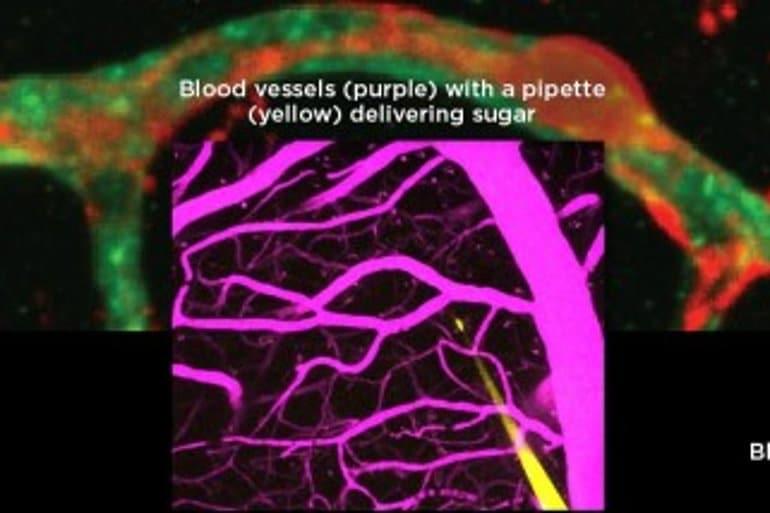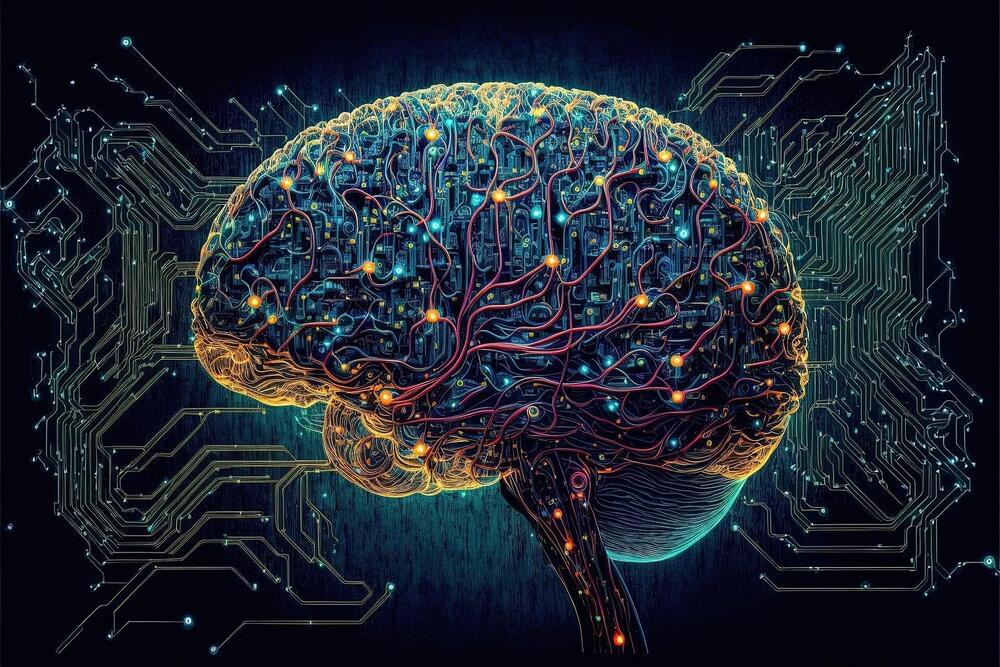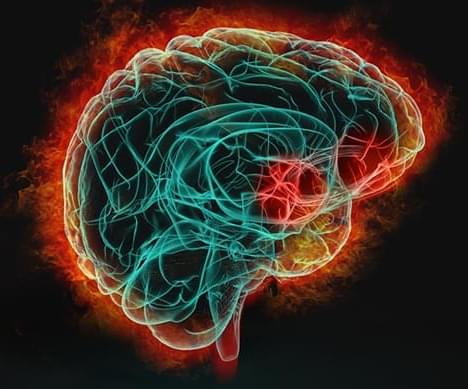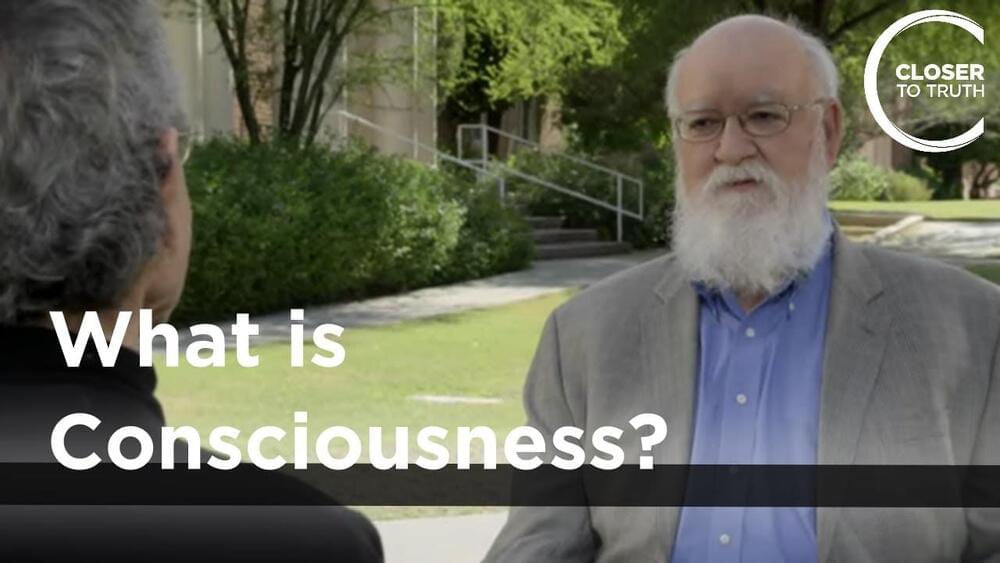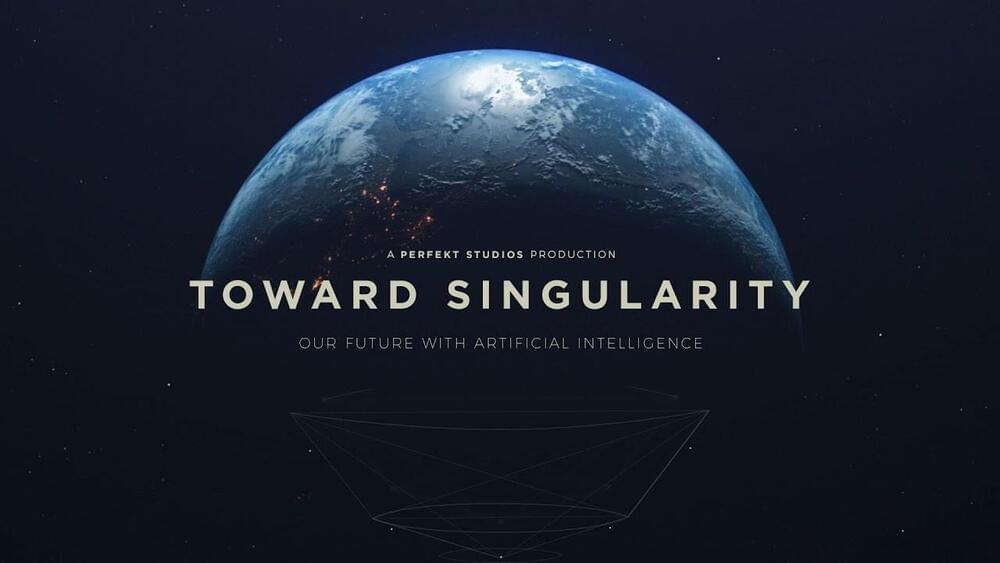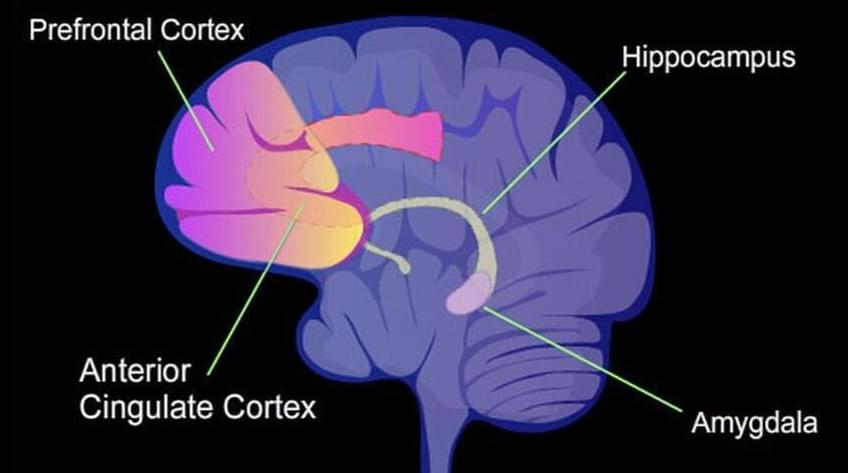
Through the issue of mental representation addressed in the previous article, it is possible to get a first idea about the theoretical discontinuity between traditional cognitive science and more recent approaches gathered under the umbrella of so-called 4E Cognition. In fact, in many cases those latter reflect — directly or in a collateral way — the attempt to overcome the problem of representation in human cognition, even thought, as we’re going to say, this doesn’t entail a unite consensus at all.
4E Cognition has not to be seen as a specific and well-defined theoretical system, rather, it is a term referring to all those works (hypothesis, theories, experiments, etc.) which deviate from the traditional representational-computational model of cognition (see part 1), taking a dynamic and enactive approach, namely, conceiving cognition as embodied, embedded, enactive and extended (that’s why 4E). In a nutshell, mental states and cognitive processes would be: embodied when they are partly constituted by bodily processes; embedded when there is an essential causal dependence between such states and processes and the environment; enacted when the actions of the subject can partly constitute these states and processes; and extended when objects or processes in the environment can partly constitute those states and processes [4].
Here you can find a quick conversational introduction to 4E cognition made by professor Shaun Gallagher:
